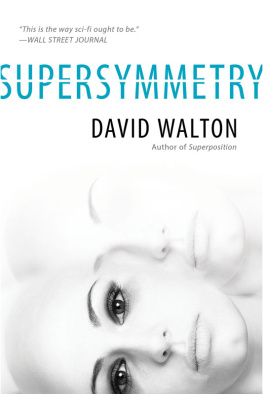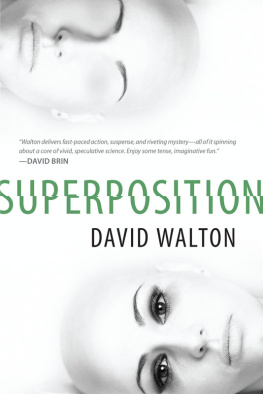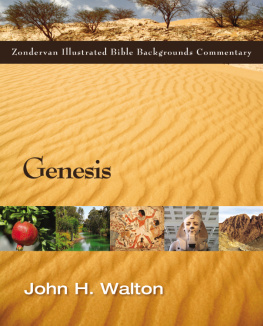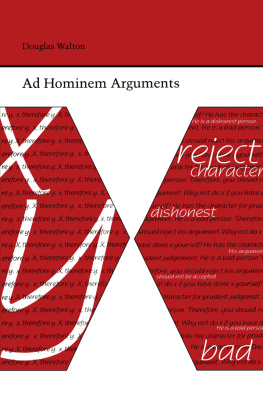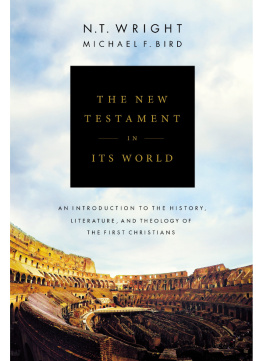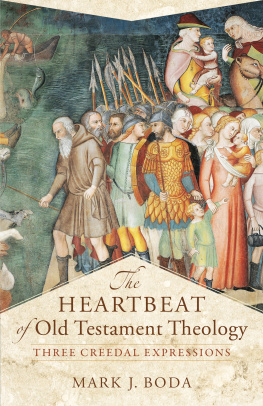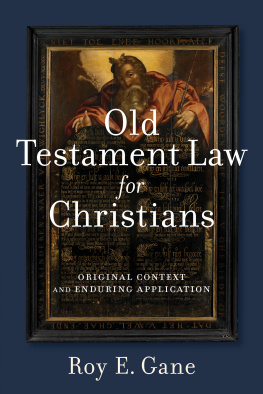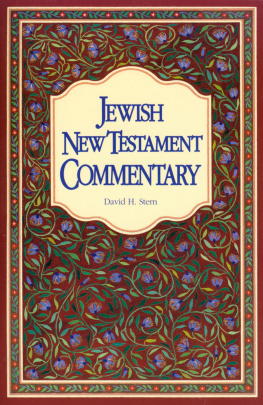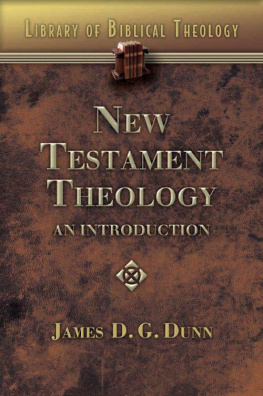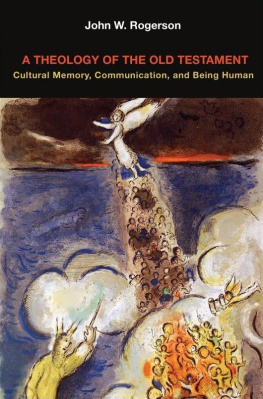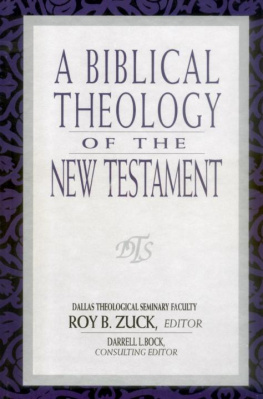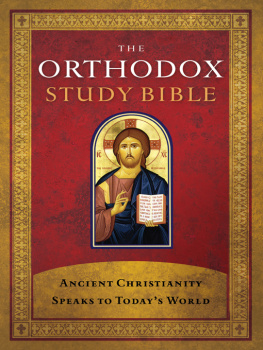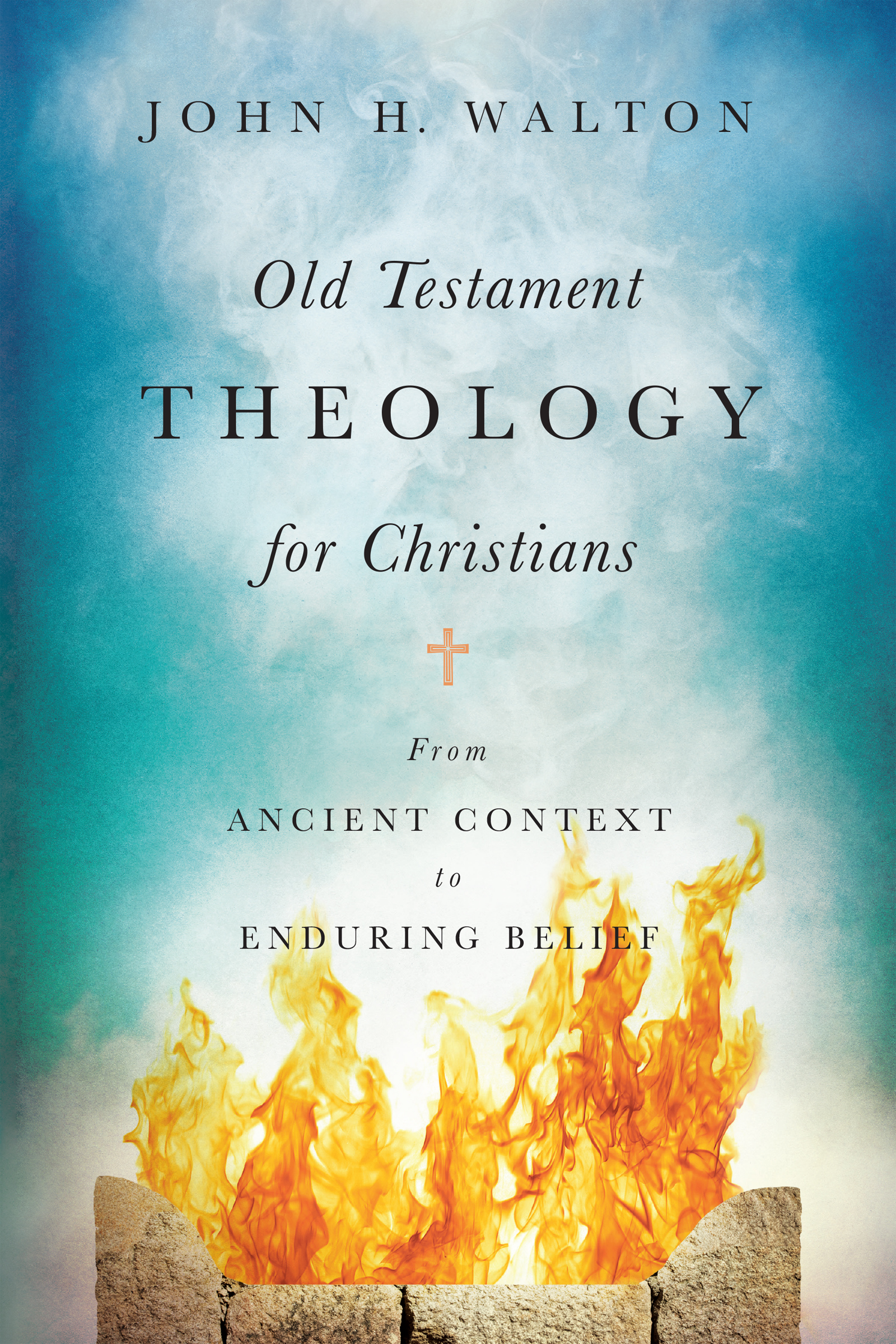A book such as this one that covers a lifetime of thinking is inevitably informed through interaction with a multitude of authors, colleagues, and students. As ideas merge in the mind over time, direct links are lost, but my indebtedness remains in many ways.
My students have especially shaped my thinking over the years, and this book could not have come about without all of that interaction. By far, however, the most significant contributor to my thinking remains my son Jon (pen name J. Harvey Walton). He read each section as it was written (and rewritten). He edited, argued, offered thoughts, and, yes, taught me, all along the way. It is one of my dearest privileges in life to have a conversation partner who so thoroughly understands my views and is willing to interact with them and to push them beyond where I imagined they could go.
I am also grateful to Jennifer Hale for editing and indexing the manuscript.
1
Introduction and Foundations

Hermeneutical Considerations
I have been expecting to write this book since the beginning of my career, but I have also been dreading the prospect and largely avoiding it. Writing a book on the theology of the Old Testament is, in some ways, the height of presumption. Walter Kaiser demonstrated his recognition of these difficulties when he wisely included the disclaimer toward in the title of his own contribution, Toward an Old Testament Theology. When we throw our hats into the ring of comprehensive theologies, it is not because we have everything figured out. We simply have a few more tidbits to add to the discussions of those who have gone before us; we have a few insights (often instigated by interactions with students) to pass on to students. So we adopt the role of an aqueducttaking what we have been given and passing it on to those who might benefit from it. The impetus, then, for writing a book like this is not to claim the final word; it is written in the exercise of stewardship. This stewardship calls us to give an account of ourselves after a long career of study and teaching; it causes us to ask the question, What have we got to show for it all?
Most of this introduction will talk about the methods and assumptions that drive this book. But before engaging those topics, we should talk about the elephant in the roomwhy we should even bother spending time in the Old Testament. This question is eloquently introduced in Yvonne Sherwoods summary:
At the heart of Old Testament study in its infancy... is a profound anxiety about the status, and content, of the Old Testament. The Old Testament is a compendium of cannibalism (Voltaire), an exhausted childs primer torn out of our hands by the coming of Christ (Lessing), a document that fumes with anger and xenophobia (just like the Jews) and that is marked by enmity towards all peoples and [that] therefore evokes the enmity of all (Kant). Bound up with images of the primitive, the savage, the childish, it is the dark hinterland of its purer, better sequel, the foreign country in need of civilization, colonization. At best, the statutory Old Testament foregrounds in childish stutters, or as in a mirror darkly, the universal human reality and the pure moral religion of the Newat worst (as Schleiermacher was to put it in the nineteenth century) it displays a restrictive monotheism that by its limitation of the love of Jehovah to the race of Abraham displays a lingering affinity with fetishism. The sense of revulsion with this canonical fossil reaches its logical culmination in Harnacks suggestion that the Old Testament (now not merely the Old but the Exhausted, Paralysed, Infirm Testament given to senile mutterings) be forcibly retired, or merely printed after the New, as an appendix.
Modern readers may not feel free to express frustration with the Old Testament so frankly, but they may well be confused by obscure prophecies about people who no longer exist, obtuse laws that the New Testament identifies as obsolete, and graphic narratives of sex and violence that are simply disturbing when read in the context of that which is supposed to be Gods Word. Just how, we may ask, can the Old Testament possibly stand as Gods Word to us? What truth does it have to offer, and how do we get to that truth? And therein lies the focus of this book. We are going to attempt to discover how Gods revelation of himself to Israel can be understood and embraced as Gods revelation to us. But we have to lay the groundwork carefully.


